Vegan Diet for GERD and Acid Reflux: What You Need to Know
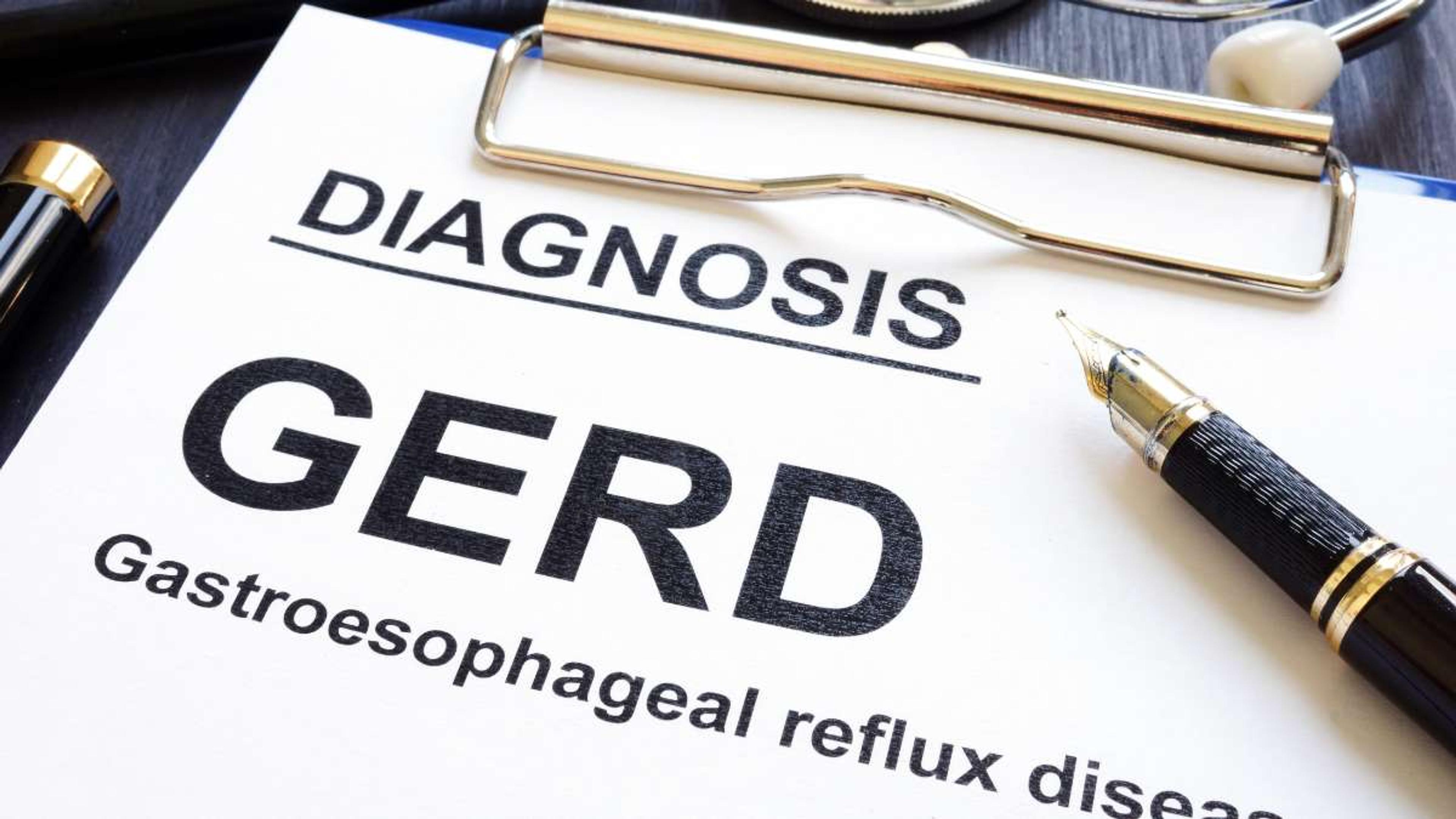
- Key Takeaways
- Definition and prevalence of GERD
- Symptoms and discomforts associated with GERD
- Causes and Triggers of GERD
- The Vegan Diet and GERD
- Foods to Include for GERD Relief
- Foods to Avoid or Consume in Moderation
- Additional Tips for Managing GERD with a Vegan Diet
- Conclusion
- FAQs
Are you tired of dealing with the discomfort of GERD and acid reflux? Did you know that a vegan diet could be the solution you've been looking for? In this article, we will explore how adopting a plant-based lifestyle can help alleviate your symptoms and provide relief. Say goodbye to heartburn and hello to a healthier, happier you!
Key Takeaways
- A vegan diet can help manage Gastroesophageal Reflux Disease (GERD) and acid reflux by reducing symptoms and providing relief.
- Plant-based foods have phytonutrients that reduce inflammation and act as antioxidants, soothing the symptoms of acid reflux.
- Vegan diets exclude common trigger foods like meat, dairy, coffee, chocolate, alcohol, spicy food, and fried food which can worsen GERD symptoms.
- Including non-citrus fruits, vegetables, whole grains, and high-fiber foods like legumes and nuts/seeds in a vegan diet can provide GERD relief.
- Ginger and turmeric helps with managing GERD due to their anti-inflammatory properties.
- Fermented foods like sauerkraut and kimchi contain beneficial bacteria that promote a healthy digestive system.
- Choosing herbal teas or water over carbonated beverages helps manage acid reflux effectively.
Definition and prevalence of GERD
GERD stands for Gastroesophageal Reflux Disease. It is a health problem that affects your esophagus - the tube that connects your mouth to your stomach. The lower part of your esophagus has something called the sphincter. If the sphincter gets weak or doesn't close right, stomach acid can go back up into the esophagus causing GERD or acid reflux.
There are several factors that can contribute to a weakened sphincter, leading to GERD. These include certain food choices, obesity, smoking, certain medications, pregnancy, and hiatal hernia - a condition where the upper part of the stomach protrudes through the diaphragm.
The consequences of GERD can be quite uncomfortable and even painful. If left untreated, GERD can lead to complications such as esophagitis (inflammation of the esophagus), strictures (narrowing of the esophagus), and even Barrett's esophagus (a condition that increases the risk of esophageal cancer).
This issue is not uncommon in America with nearly 20% to 28% of people dealing with it. That means millions of Americans face heartburn and other GERD symptoms each day!
Symptoms and discomforts associated with GERD
GERD can make you feel bad. It causes heartburn most often. This feels like a burning in your chest, right behind your breastbone. You may also taste food or stomach acid in the back of your mouth.
GERD can bring up food again after you eat it (also known as regurgitation). Sometimes, this happens without warning and makes you cough or choke during the night. For some people, swallowing might be hard or hurtful.
Others might feel as if food is stuck in their throat.
Causes and Triggers of GERD
The esophageal sphincter plays a crucial role in preventing stomach acid from flowing back up into the esophagus. However, certain foods can weaken this sphincter, leading to GERD and acid reflux.
Discover the common triggers and causes of GERD by reading more.
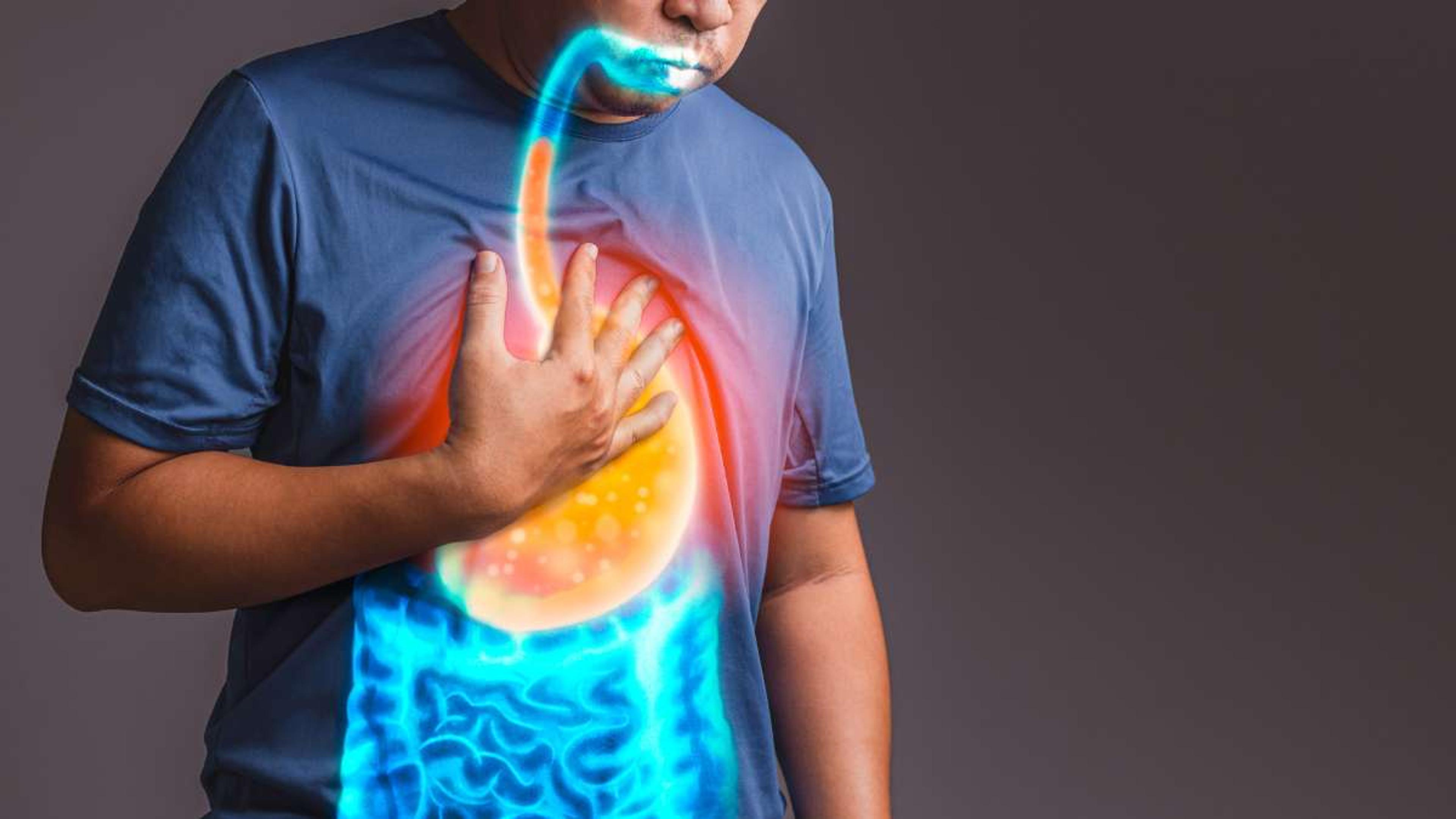
Role of the esophageal sphincter
The esophageal sphincter is a key player in GERD. It's like a door between the stomach and throat. This muscle should shut tight after you eat to keep food in your stomach. If it does not close all the way, acid from your stomach goes into your throat causing painful heartburn.
High-fat foods can make this problem worse because they relax the lower esophageal sphincter too much.
Common foods that trigger GERD
Eating certain foods can cause or make GERD worse. It is important to understand and differentiate foods that trigger GERD when consumed in moderation and the ones that trigger GERD when consumed in excess. These include:
- High-fat meals and snacks.
- Coffee and other drinks with caffeine.
- Chocolate bars and desserts.
- Foods that are spicy, salty, or fried.
- Carbonated drinks like soda.
- Alcohol, especially beer and wine.
- Citrus fruits such as oranges, lemons, and grapefruits.
- Tomato products including sauces and ketchup.
Other factors contributing to GERD
Obesity, smoking, diet, and pregnancy are other factors that can contribute to GERD. Being overweight puts extra pressure on the stomach, which can cause acid reflux. Smoking weakens the lower esophageal sphincter (LES), the muscle that prevents stomach acid from flowing back into the esophagus.
Unhealthy eating habits and a diet high in sugar, fats, or alcohol can also trigger GERD symptoms. Additionally, hormonal changes during pregnancy can relax the LES and lead to acid reflux.
It's important to address these factors along with dietary changes for effective management of GERD symptoms.
The Vegan Diet and GERD
A vegan diet can be beneficial in managing GERD due to its emphasis on plant-based foods and the reduction of common triggers for acid reflux.
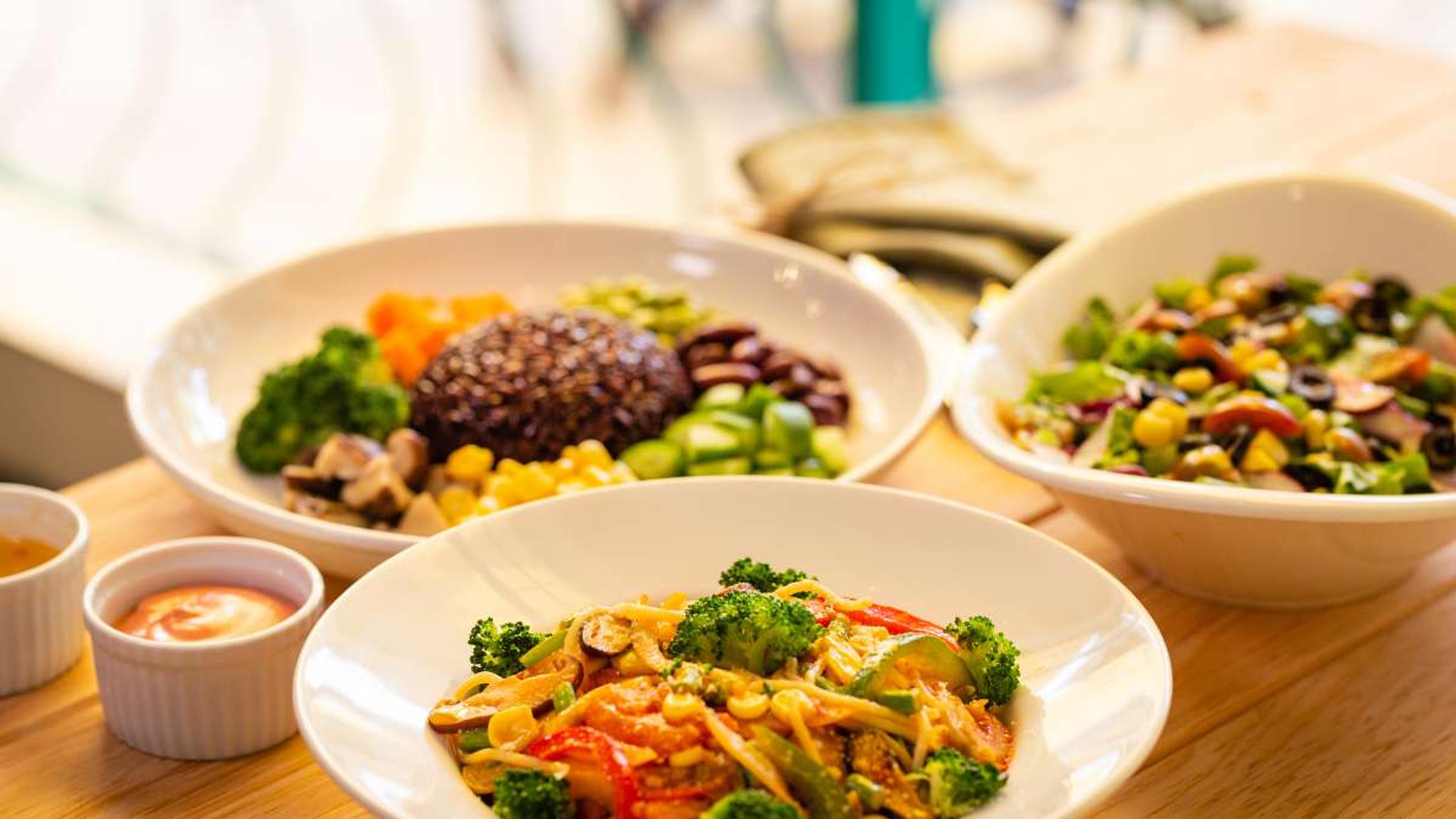
Benefits of a plant-based diet in managing GERD
A plant-based diet can bring many benefits for managing GERD. Plant foods have phytonutrients that can reduce inflammation and act as antioxidants, helping to soothe the symptoms of acid reflux.
Choosing a vegan or vegetarian diet is especially recommended for individuals with acid reflux because vegetable proteins are associated with fewer refluxes and reduced symptoms. By following a well-planned, healthy vegan diet, people can effectively control or even eliminate the symptoms of GERD.
How vegan diets reduce the intake of common GERD triggers
A vegan diet can help reduce the intake of common triggers for GERD, or acid reflux. By following a plant-based lifestyle, individuals eliminate foods that are known to worsen symptoms such as meat and dairy products.
Vegan diets are rich in fruits, vegetables, whole grains, and legumes which are low in fat and high in fiber. These plant foods contain beneficial nutrients called phytonutrients that have antioxidant and anti-inflammatory properties.
Moreover, a vegan diet excludes common trigger foods like coffee, chocolate, alcohol, mint, tomato products, spicy food, and fried food. By avoiding these triggers and focusing on plant-based options instead, individuals may experience relief from their GERD symptoms.
The importance of fiber in a vegan diet and its role in promoting gut health
Fiber is a crucial component of a vegan diet and plays a vital role in promoting gut health. It helps to regulate bowel movements, prevent constipation, and maintain a healthy digestive system.
Fiber also aids in reducing the risk of developing certain diseases like heart disease, obesity, and gastrointestinal disorders. In a vegan diet specifically, fiber comes from plant-based foods such as fruits, vegetables, whole grains, legumes, and nuts/seeds.
These foods are rich in dietary fiber which adds bulk to the stool and helps improve digestion. Additionally, fiber feeds the beneficial bacteria in our gut, promoting a diverse microbiome that supports overall health and wellbeing.
Foods to Include for GERD Relief
Include non-citrus fruits, vegetables, whole grains and high-fiber foods, ginger and turmeric, fermented foods like sauerkraut and kimchi, as well as herbal teas, coconut water, and water.
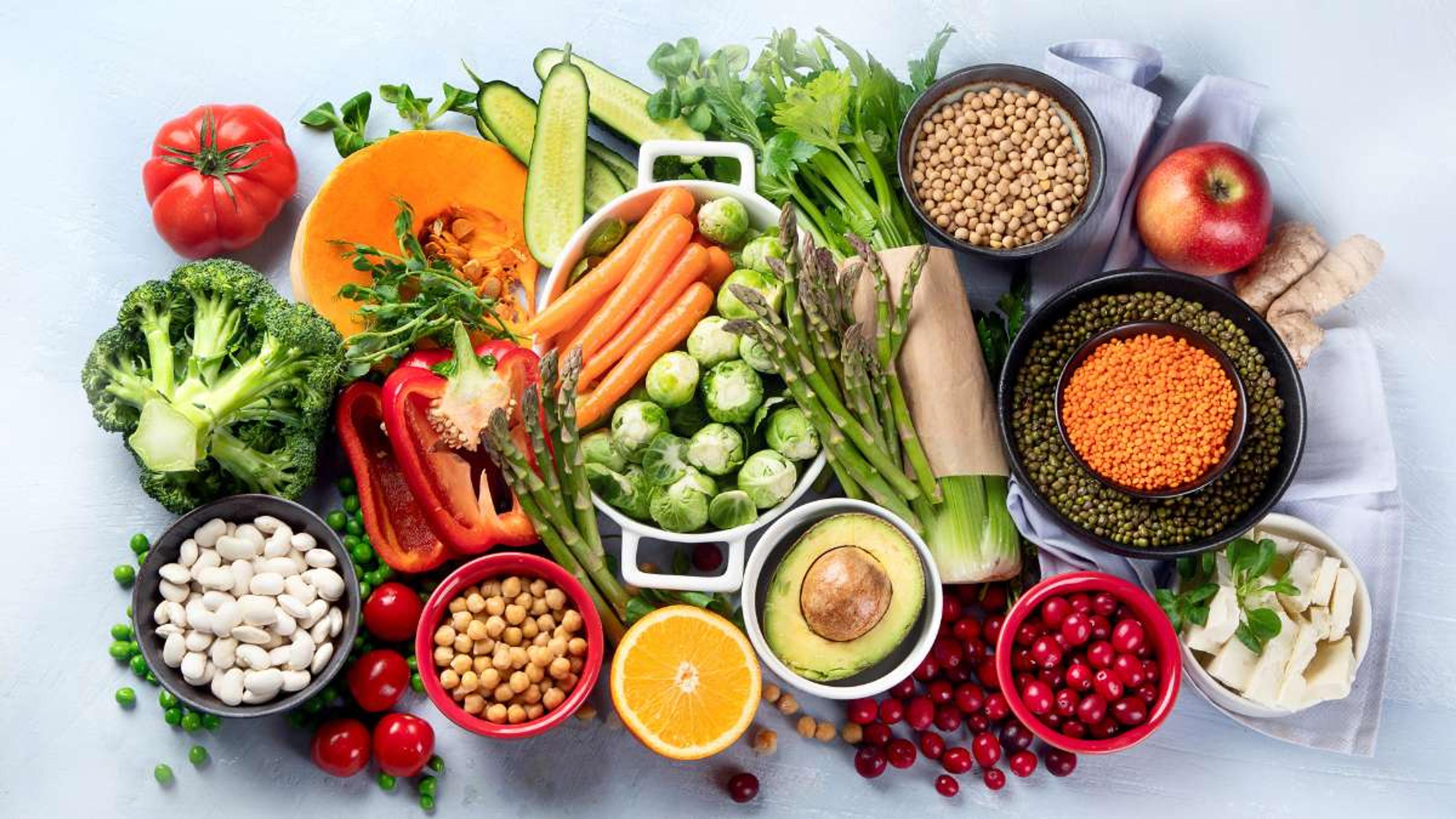
Non-citrus fruits
Non-citrus fruits like bananas, melons, apples, and pears are great options for people with GERD and acid reflux. These fruits are low in acid, which helps to soothe the irritated esophagus and reduce heartburn symptoms.
Melons such as cantaloupe and honeydew are particularly beneficial because they have a high water content that can help neutralize stomach acid. Bananas are also a good choice as they contain natural antacids that can provide relief from indigestion.
Apples and pears are gentle on the stomach and rich in fiber. which aids digestion and promotes a healthy gut. Including these non-citrus fruits in your diet can be an effective way to manage GERD symptoms naturally.
Vegetables
Vegetables are an important part of a vegan diet for managing GERD and acid reflux. They are low in sugar and fat, which helps reduce stomach acid. Non-citrus vegetables like carrots, celery, and cabbage can help regulate stomach acid and reduce symptoms of GERD.
Increasing your intake of fiber-rich vegetables can improve digestion and lower the risk of acid reflux. Vegetables provide essential nutrients while being gentle on the digestive system, making them a healthy choice for those dealing with GERD.
So remember to include a variety of vegetables in your plant-based meals to support good gut health and manage acid reflux symptoms effectively.
Whole grains and high-fiber foods
Whole grains and high-fiber foods are important for relieving GERD symptoms and managing acid reflux. Whole grain breads, brown rice, and oatmeal are excellent options as they are rich in fiber.
These foods help to reduce the occurrence of heartburn and promote better digestion. Legumes, nuts, and seeds also provide dietary fiber that can aid in treating acid reflux. A healthy diet with a high intake of fruits and whole grains has been linked to a lower risk of reflux disease.
Including these foods in a vegan diet can contribute to improved gut health and overall well-being.
Ginger and turmeric
Ginger and turmeric are two ingredients that may help with managing GERD and acid reflux. Turmeric contains a compound called curcumin, which has antioxidant and anti-inflammatory properties that could provide relief from symptoms.
Ginger, on the other hand, is known for its digestive benefits and may help soothe the discomfort associated with these conditions. While more research is needed to fully understand their effects, both ginger and turmeric can be easily incorporated into your diet - but remember to include them in moderation.
You can try using them in teas, smoothies, or as seasonings when cooking. As always, it's important to consult with a healthcare professional or registered dietitian before making any significant changes to your diet for GERD relief.
Fermented foods (sauerkraut, kimchi)
Fermented foods like sauerkraut and kimchi can be beneficial for those experiencing GERD. These foods have probiotic properties, which means they contain good bacteria that promote a healthy digestive system.
This can help reduce symptoms of acid reflux. Fermented foods also naturally contain biogenic amines, which are substances produced during fermentation that may help with GERD relief.
Adding sauerkraut or kimchi to your diet could provide some relief from the discomfort caused by GERD.
Herbal teas, coconut water, and water
Herbal teas, coconut water, and water can be beneficial for individuals following a vegan diet to manage acid reflux and GERD. Unsweetened coconut water is a good choice as it contains electrolytes and helps maintain a healthy pH balance in the body, which can reduce symptoms of acid reflux.
Herbal teas, such as chamomile or ginger tea, are non-acidic options that can soothe stomach issues and improve digestion. Water is always a safe bet for staying hydrated and diluting stomach acid.
For those with silent reflux (reflux without heartburn), water or herbal teas are recommended since they don't aggravate symptoms like other beverages might. It's important to choose these drinks over soda or other carbonated beverages that can worsen acid reflux symptoms.
Foods to Avoid or Consume in Moderation
Certain foods can worsen symptoms of GERD and acid reflux, such as citrus fruits, caffeine, fatty foods, dairy products, and soda. Continue reading to discover more about the impact of these foods on your digestive health.

- Chocolate
- Coffee
- Greasy foods such as French fries or fried foods
- Spicy foods
- Mint and peppermint
- Tomato-based products such as ketchup or tomato sauce
- Alcohol
- Carbonated drinks
- High-fat foods
- Citric acid containing fruits (lemons, oranges, limes, grapefruit, pineapple)
- High-fat meats
- Fried meats
- Creamy sauces
These foods should be avoided or consumed in moderation for individuals following a vegan diet to manage GERD. It's important to note that everyone's tolerance to these foods may vary, so it's essential to pay attention to your body and how it reacts to different foods.
The impact of certain foods on the esophageal sphincter and stomach acid production
Certain foods can have an impact on the esophageal sphincter and stomach acid production, making them important to consider for GERD and acid reflux. Fatty, fried, and greasy foods can cause heartburn because they relax the esophageal sphincter.
Alcohol can also stimulate stomach acids and relax the esophageal sphincter, so it's best to avoid it if you have frequent GERD symptoms. Allium vegetables like onions, garlic, and shallots may contribute to acid reflux as well.
Milk and dairy products high in fat tend to worsen heartburn and should be avoided when experiencing frequent GERD symptoms.
Additional Tips for Managing GERD with a Vegan Diet
Manage GERD with a vegan diet by avoiding late-night dinners and snacks, controlling portion sizes, making lifestyle changes, and following the recommended meal timings. Read on to learn more!
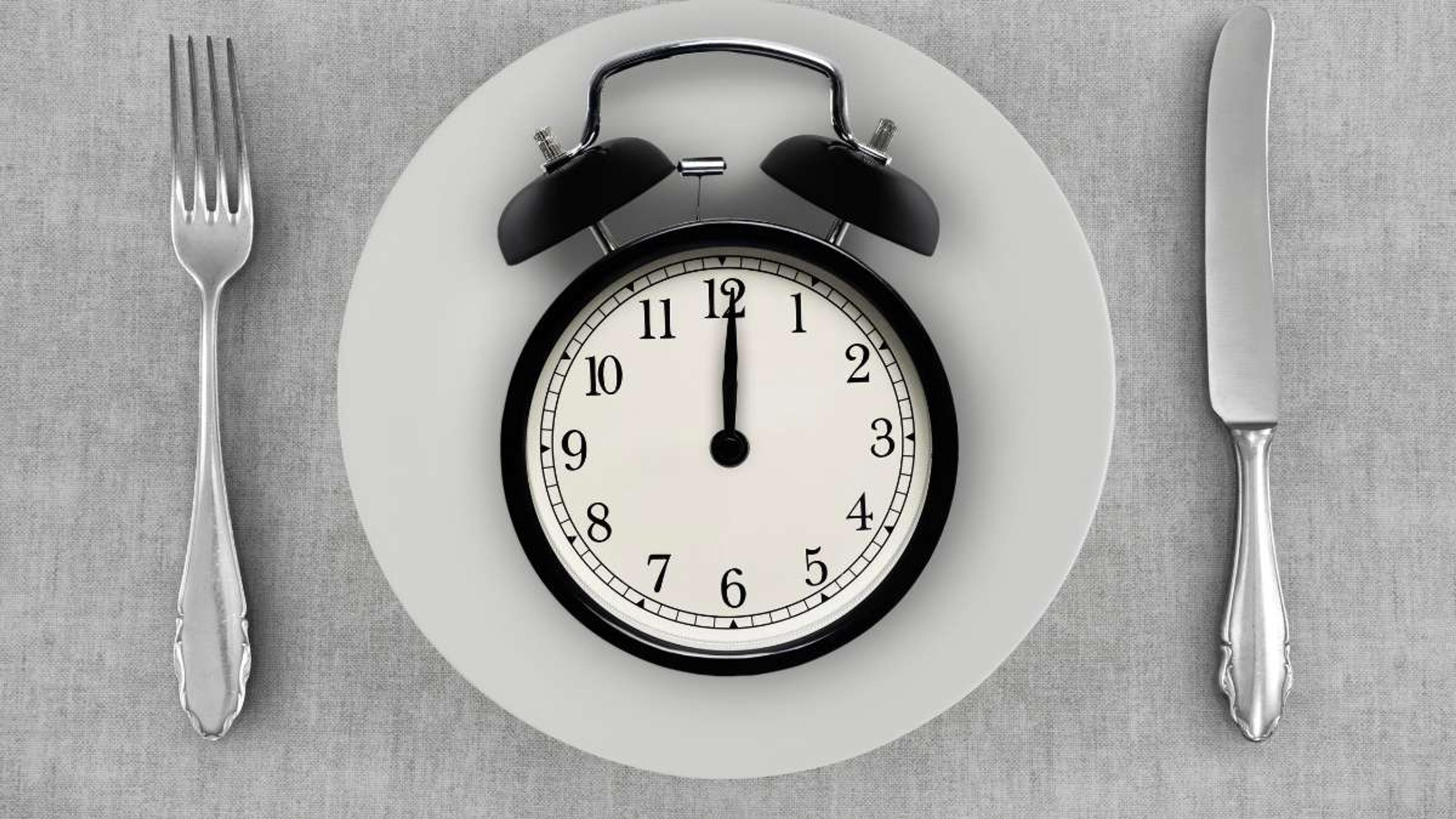
Importance of meal timings: avoiding late-night dinners and snacks
Avoiding late-night dinners and snacks is crucial in managing GERD and preventing acid reflux symptoms. Eating dinner at least two to three hours before bedtime can help prevent the backflow of stomach acid into the esophagus, reducing heartburn.
Skipping late-night snacking and staying upright until bedtime also aid in managing GERD. By paying attention to meal timings, individuals can avoid discomfort and promote better digestive health.
Recommendations for portion sizes and frequency of meals
To manage GERD with a vegan diet, it's important to pay attention to portion sizes and frequency of meals. Eating smaller, more frequent meals throughout the day can help prevent overeating and reduce pressure on the lower esophageal sphincter (LES), which is responsible for keeping stomach acid from flowing back into the esophagus.
Aim for three main meals and two to three snacks in between. When it comes to portions, listen to your body's hunger and fullness cues and avoid eating until you feel uncomfortably full.
Remember to include a variety of plant-based foods in each meal for balanced nutrition while keeping portion sizes appropriate.
Additionally, eating slowly and mindfully can also be beneficial as it allows for better digestion and gives your brain time to register feelings of fullness. It's recommended to take your time when enjoying your meals, savoring each bite without rushing through them.
This approach may also help with weight management since slower eating has been associated with reduced calorie intake.
Lifestyle changes
Making certain lifestyle changes can greatly improve the management of GERD and acid reflux. One important change is adopting a plant-based diet, such as a vegan or vegetarian diet.
This type of diet has been shown to reduce inflammation in the body and improve gut health, which can help alleviate symptoms of GERD. Additionally, it is recommended to avoid late-night dinners and snacks, as well as eat smaller portion sizes more frequently throughout the day.
These simple changes can have a significant impact on reducing symptoms without relying solely on medication.
Conclusion
In conclusion, a vegan diet can be a helpful approach for managing GERD and acid reflux. By eliminating trigger foods and focusing on plant-based options, individuals may experience relief from symptoms.
It's important to personalize the diet and pay attention to individual triggers to find what works best for each person. Embracing a well-planned vegan lifestyle can lead to improved digestive health and overall well-being.
FAQs
1. Can a vegan diet help with GERD and acid reflux?
Yes, a vegan diet can help alleviate symptoms of GERD and acid reflux due to its emphasis on plant-based foods that are low in fat and high in fiber.
2. What foods should I include in a vegan diet for GERD and acid reflux?
Include foods such as fruits, vegetables, whole grains, legumes, nuts, and seeds in your vegan diet for GERD and acid reflux. Avoid trigger foods like spicy or fried items.
3. Are there any specific nutrients I should pay attention to on a vegan diet for GERD and acid reflux?
Ensure you get enough calcium from sources like fortified plant-based milk or leafy greens, as well as vitamin B12 through supplementation or fortified foods while following a vegan diet for GERD and acid reflux.
4. Can I still enjoy desserts on a vegan diet for GERD and acid reflux?
Yes! You can enjoy desserts made with ingredients like non-citrus fruits, oats, almond milk yogurt substitutes instead of dairy products that may worsen symptoms of GERD and acid reflux.

